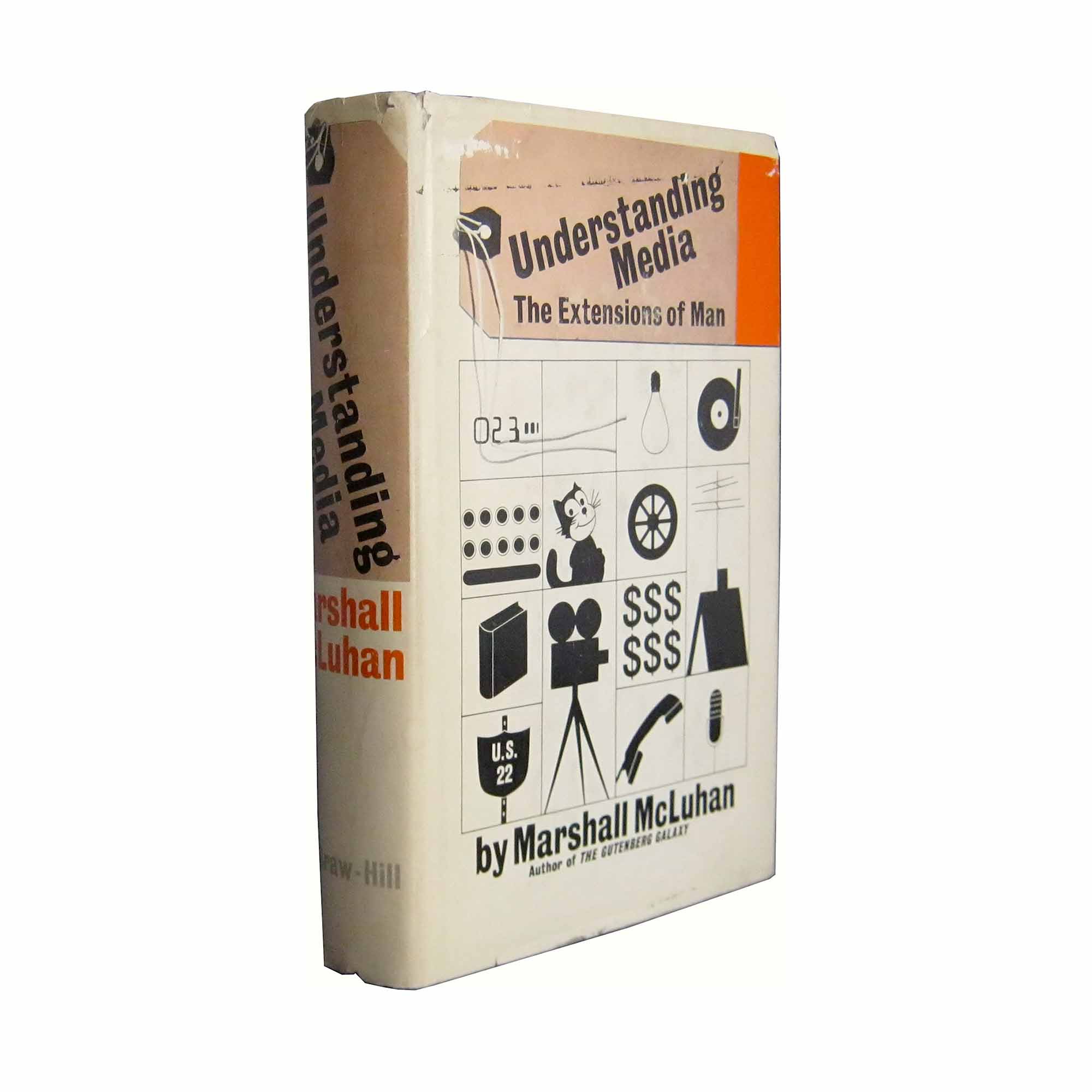

McLuhan identified two types of media: "hot" media and "cool" media, drawing from French anthropologist Lévi-Strauss' distinction between hot and cold societies. Throughout Understanding Media, McLuhan uses historical quotes and anecdotes to probe the ways in which new forms of media change the perceptions of societies, with specific focus on the effects of each medium as opposed to the content that is transmitted by each medium. The book discussed the radical analysis of social change, how society is shaped, and reflected by communications media. The book greatly influenced academics, writers, and social theorists. It was a leading indicator of the upheaval of local cultures by increasingly globalized values. The book is the source of the well-known phrase " the medium is the message". He noted that all media have characteristics that engage the viewer in different ways for instance, a passage in a book could be reread at will, but a movie had to be screened again in its entirety to study any individual part of it. More controversially, he postulated that content had little effect on society-in other words, it did not matter if television broadcasts children's shows or violent programming. McLuhan states that "a light bulb creates an environment by its mere presence." He describes the light bulb as a medium without any content. A light bulb does not have content in the way that a newspaper has articles or a television has programs, yet it is a medium that has a social effect that is, a light bulb enables people to create spaces during nighttime that would otherwise be enveloped by darkness.

McLuhan pointed to the light bulb as an example.


The book is considered a pioneering study in media theory. He suggests that the medium affects the society in which it plays a role mainly by the characteristics of the medium rather than the content. Understanding Media: The Extensions of Man is a 1964 book by Marshall McLuhan, in which the author proposes that the media, not the content that they carry, should be the focus of study.


 0 kommentar(er)
0 kommentar(er)
